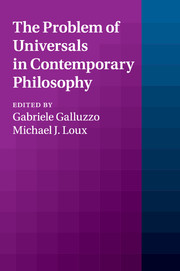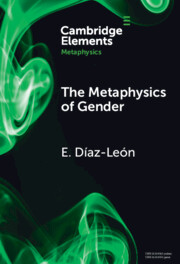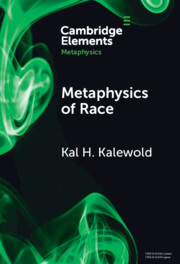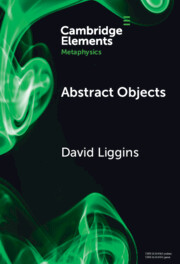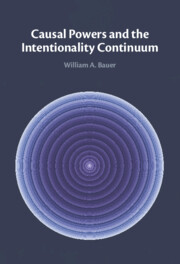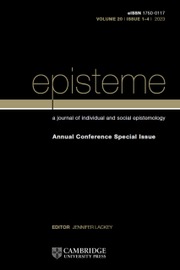The Problem of Universals in Contemporary Philosophy
Are there any universal entities? Or is the world populated only by particular things? The problem of universals is one of the most fascinating and enduring topics in the history of metaphysics, with roots in ancient and medieval philosophy. This collection of new essays provides an innovative overview of the contemporary debate on universals. Rather than focusing exclusively on the traditional opposition between realism and nominalism, the contributors explore the complexity of the debate and illustrate a broad range of positions within both the realist and the nominalist camps. Realism is viewed through the lens of the distinction between constituent and relational ontologies, while nominalism is reconstructed in light of the controversy over the notion of trope. The result is a fresh picture of contemporary metaphysics, in which traditional strategies of dealing with the problem of universals are both reaffirmed and called into question.
- Provides a critical and innovative overview of contemporary metaphysical debates on universals
- Contributors are internationally recognized experts on the subject
- Will appeal to those who are interested not only in metaphysics but also in analytic philosophy generally, particularly epistemology as well as philosophy of language and mathematics
Product details
March 2018Paperback
9781107498341
241 pages
224 × 150 × 14 mm
0.37kg
Available
Table of Contents
- Introduction Gabriele Galluzzo and Michael J. Loux
- 1. An exercise in constituent ontology Michael J. Loux
- 2. Against ontological structure Peter Van Inwagen
- 3. In defense of substantial universals E. J. Lowe
- 4. A kind farewell to Platonism: for an Aristotelian understanding of kinds and properties Gabriele Galluzzo
- 5. Universals in a world of particulars John Heil
- 6. Is trope theory a divided house? Robert K. Garcia
- 7. Tropes and the generality of laws Sophie Gibb
- 8. On the origins of order: non-symmetric or only symmetric relation? Fraser MacBride
- 9. States of affairs and the relation regress Anna-Sofia Maurin.

